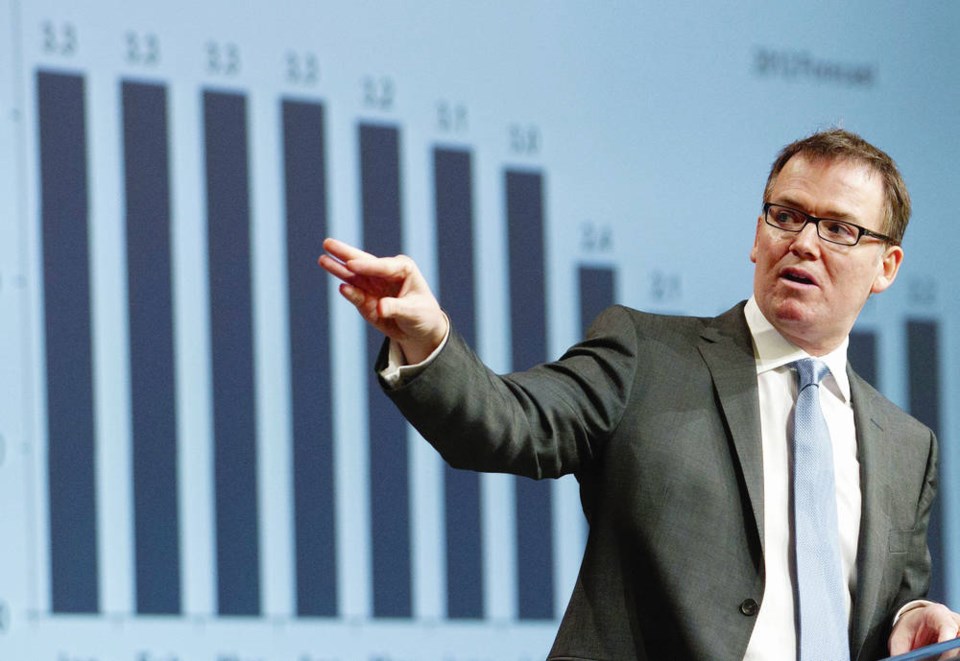Kevin Falcon has announced he’s running to be leader of the B.C. Liberal Party, and says he’d begin with a name change. Not his own name mind you, though given the amount of baggage he’s carting around, that might not be a bad idea.
Remember that as Christy Clark’s finance minister, he stumped the province defending Gordon Campbell’s disastrous Harmonized Sales Tax.
But no, he wants to change the name of the party itself. “Liberal” apparently, is too, well, liberal.
And Falcon is a self-pronounced fiscal conservative with deep roots in the business community.
No word yet on his preferred alternative. But given the limited options, the most likely choice would be the B.C. Party.
After Grant Devine’s Conservatives ran Saskatchewan into the ground in the 1980s, they remade themselves as the Saskatchewan Party. Since 2007, this centre-right outfit has won four elections in a row, so apparently a name change can work.
But will it work here? And is Falcon the best choice to be leader?
The answer to the first question depends on the answer to the second. For the Liberals need more than a name change.
Under the previous incumbent, Andrew Wilkinson, it quickly became apparent that the party lacked both energy, and a platform.
Wilkinson himself came across as an insipid, tentative personality easily outmuscled by a resurgent NDP and the larger-than-life figure of John Horgan.
Falcon is certainly no wilting flower. He came within a hair’s breadth of winning his party’s leadership in 2011, losing to Christy Clark by 52 per cent to 48.
His platform revolved around “Returning B.C. to a fiscally responsible path,” and he showed himself to be an effective and aggressive campaigner.
But is B.C. prepared for a red meat diet of retrenchment and frugality? You could argue that if the current government stays its path toward unending deficits, the door is certainly open for a challenge along those lines.
And if that were the only campaign issue, Falcon might be his party’s best bet.
But as things stand, social issues dominate the political landscape. Shortage of doctors, endemic overdose deaths, unaffordable housing and its corollary, homelessness, are all top of mind
Can Falcon walk the tightrope between fiscal conservatism, and calls for social justice? Then too, what about climate change? The right wing of his party wants nothing to do with that whole subject.
The normal way of dealing with a political minefield like this is to stay away from it. The Labour Party’s Jeremy Corbyn tried that tactic during the recent U.K. election.
Though personally committed to remaining in the EU, he knew many in his party disagreed. His solution when asked where he stood, was to promise a second referendum, then clam up.
It didn’t work. Everyone knew the whole election was about Brexit, yea or nay. By trying to duck the issue, Corbyn merely gave it added strength.
The same will happen if Falcon tries to ooze his way past global warming.
And that, in substance, is the case against electing him leader. He’s too visibly associated with hard-edged policies, to have any chance of finessing his way around them.
What the party needs is a triangulator like Bill Clinton — someone who can convince conservatives that he’s one of them, and social activists that he feels their pain.
But politicians with those skills are found only once in a generation. And B.C. already has one. His name is John Horgan, and he’s not a candidate for the job.



